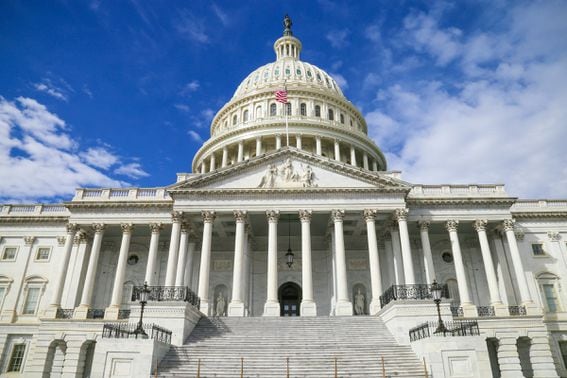
CBDC developers have made little progress in developing products capable of "preserving privacy," and government is not complaining.
It may come as a surprise to some that there have been recent efforts to propose “privacy-minded” central bank digital currencies (CBDCs). Proponents counter concerns that CBDCs will lead to greater surveillance by saying things like, “It just needs to be designed right,” or “We just need a CBDC bill of rights.”
The idea is a welcome change of pace, but one that is likely too good to be true. The problems with these arguments are probably readily apparent. But to put things bluntly, so that it is abundantly clear: There is little reason to trust the United States government to establish a “CBDC bill of rights” when it has already done so much to undermine the existing Bill of Rights. From the creation of the third-party doctrine to the failure to adjust reporting thresholds for inflation, the government has largely eroded any protections for financial privacy.
Another example from history might make the risk of proposing a privacy-minded CBDC more tangible. When Edward Snowden, a former National Security Agency (NSA) consultant turned whistleblower, leaked classified information in 2013, it was revealed just how huge domestic surveillance had become in the wake of the September 11 attacks. Yet there was a smaller story within these revelations that is especially telling when considering proposals for a privacy-minded CBDC. Thomas A. Drake, a former NSA official turned whistleblower, shared how he proposed a system at the NSA that could have better protected the privacy of Americans during domestic surveillance.





